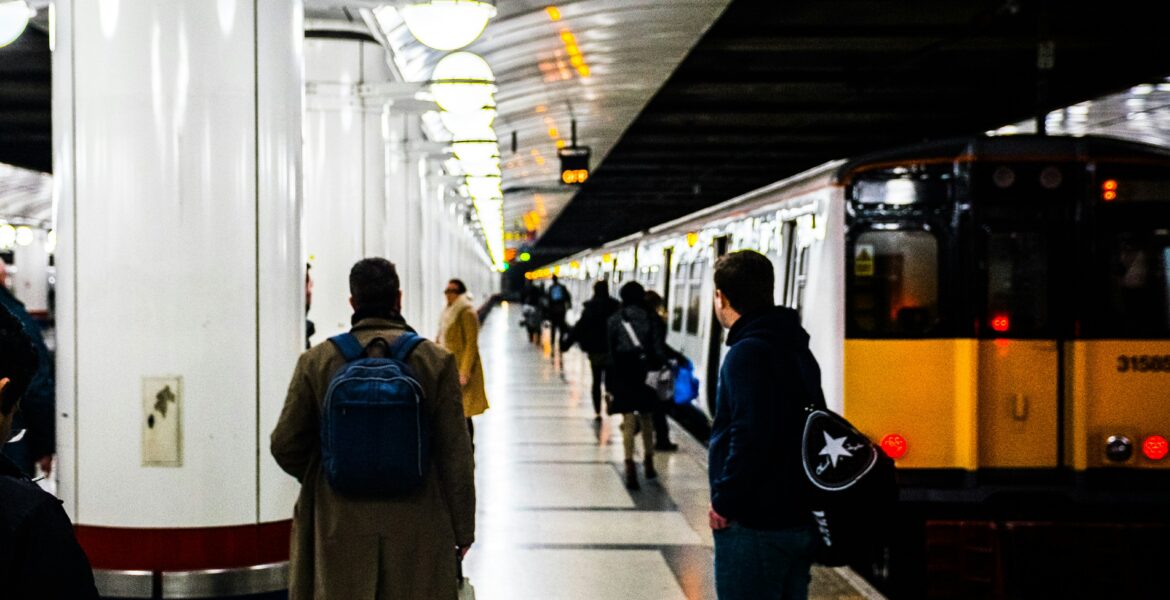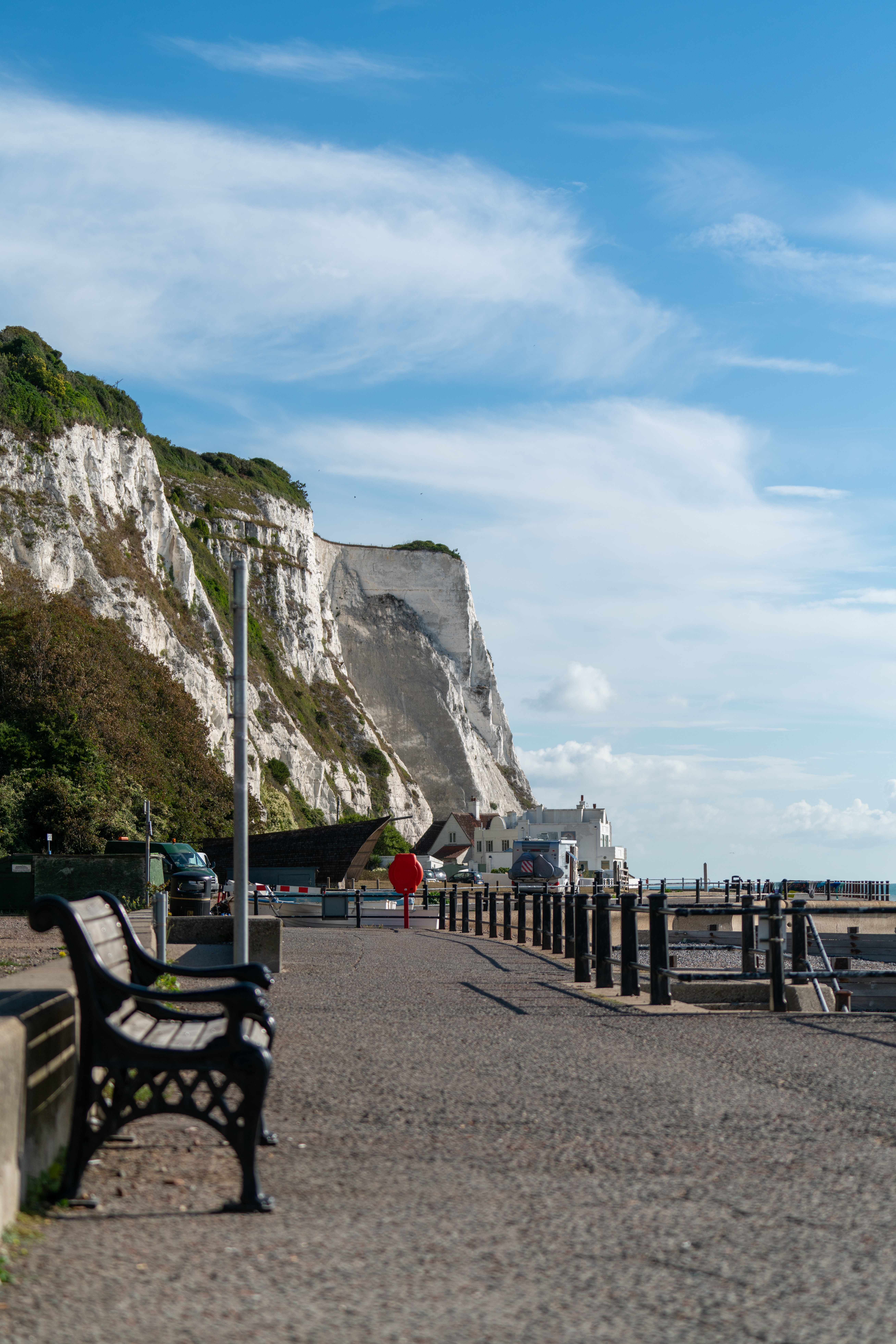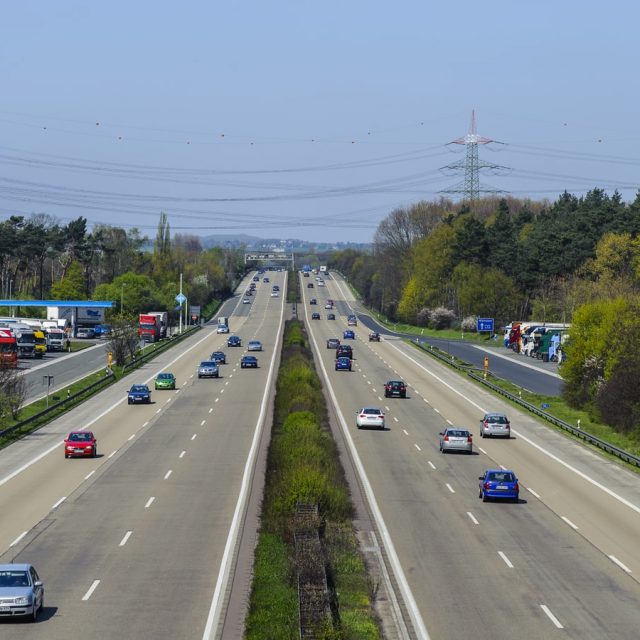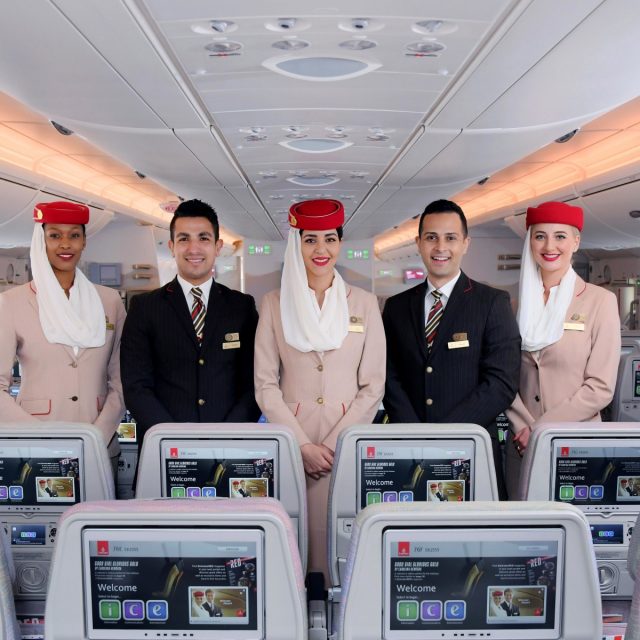Photo by Ehimetalor Akhere Unuabona on Unsplash
There are numerous obstacles to overcome to ensure rail has access to the skilled labour it needs, an event was told.
It was one of the key messages to emerge at the 2024 European Railway Award ceremony in Brussels.
The event coincides with the EU Year of Skills which, it was said, provided a highly relevant focus area for this year’s ceremony.
Relying on a broad and highly skilled workforce, the rail sector is particularly aware of the challenges of attracting and training workers that are well-equipped for the digital and green transitions.
The event in Brussels heard that, from gaps in skills, to an ageing workforce, there are numerous obstacles to overcome to ensure rail has access to the skilled labour it needs.
Nevertheless, a renewed enthusiasm for rail as a green transport mode is inspiring younger generations to explore rail careers, it was also said.
Besides paying tribute to the impressive work being done to attract, train and retain new talent in the sector, the event debated how to redefine the skill landscape for the future of rail.
Magda Kopczyńska from the European Commission Director-General for Mobility and Transport, stated: “Having a workforce with the right skills is key to achieving sustainable growth, enabling innovation and improving companies’ competitiveness.”
“But acquiring new skills is also essential to enable people to adapt to a changing labour market. This is why the issue of skills is a priority for the Commission, and why the ongoing European Year of Skills was launched last year.”
Michael Peter, UNIFE Chair and CEO of Siemens Mobility, commented on the significance of the Award: “We are living in exciting times with digitalization transforming the way we travel and transforming the way we live. To help us deliver a digital and sustainable future, we must attract the best talent to shape the rail industry and maintain our global leadership”
Andreas Matthä, CER Chair and CEO of Austrian Federal Railways ÖBB, took the opportunity to underline: “A European strategy against labour force shortage must include actions in many policy areas.
“This will be a huge entrepreneurial, political, and social effort. Overall, I see three major challenges.”
“Firstly, we must improve gender balance, ensure compatibility of family life and career for all, and achieve equal pay at last. Secondly, we must offer older colleagues the opportunity to stay in their jobs longer including reorientation in their later career, and reassignment of physical activities if desired.”
“Thirdly, let’s give the young people who have migrated to Europe a chance to make their contribution here.”
First organised in 2007, the European Railway Award celebrates and recognises outstanding contributions to the rail sector.
The 2024 Award ceremony attracted hundreds of guests from across Europe, including local, national, and EU-level politicians and transport stakeholders.




